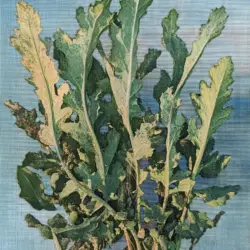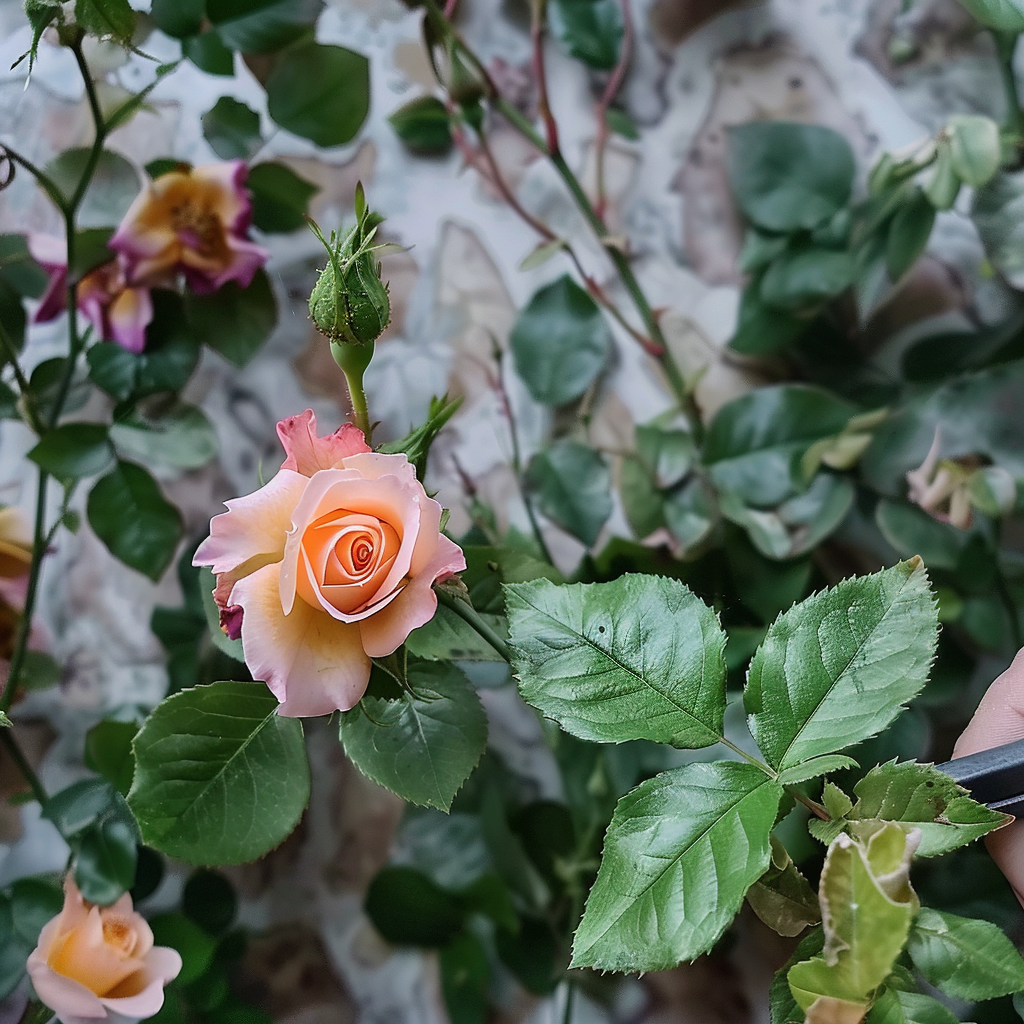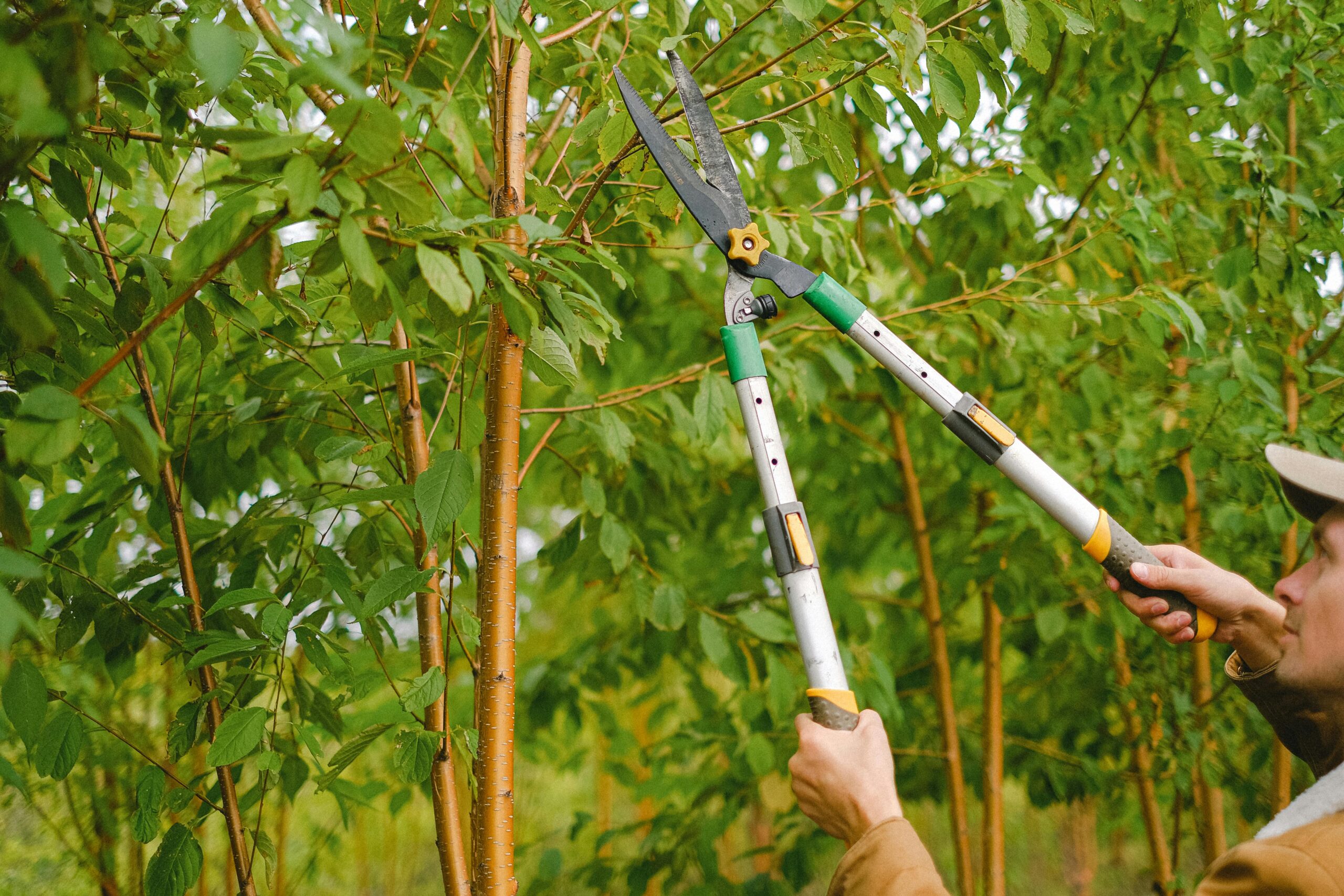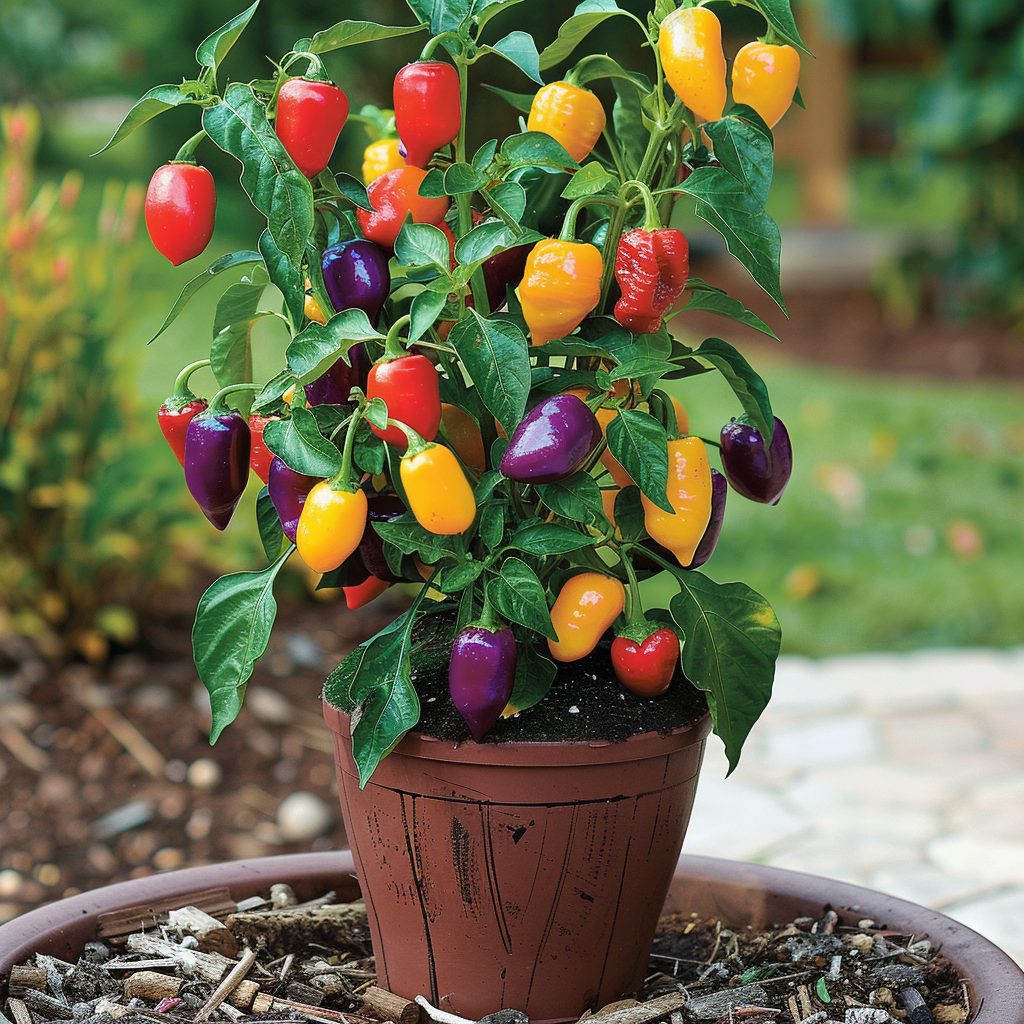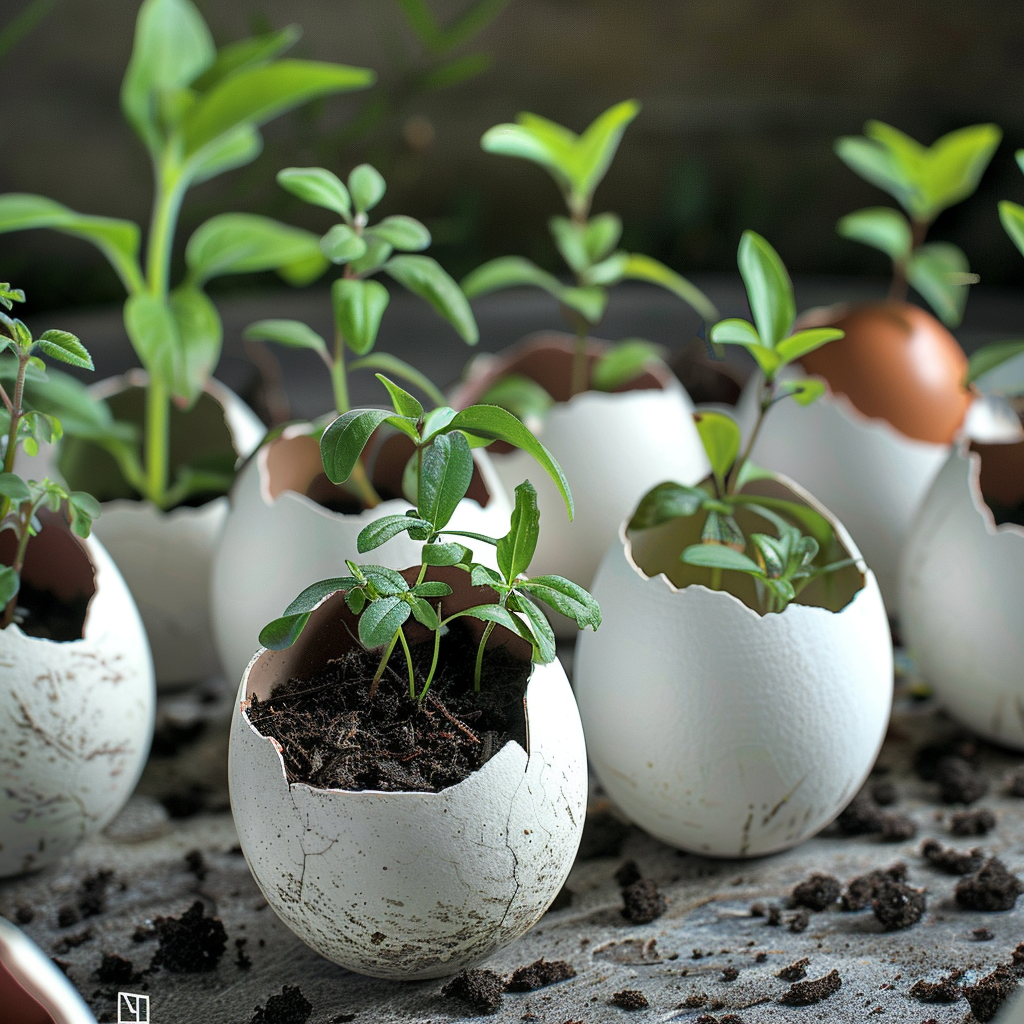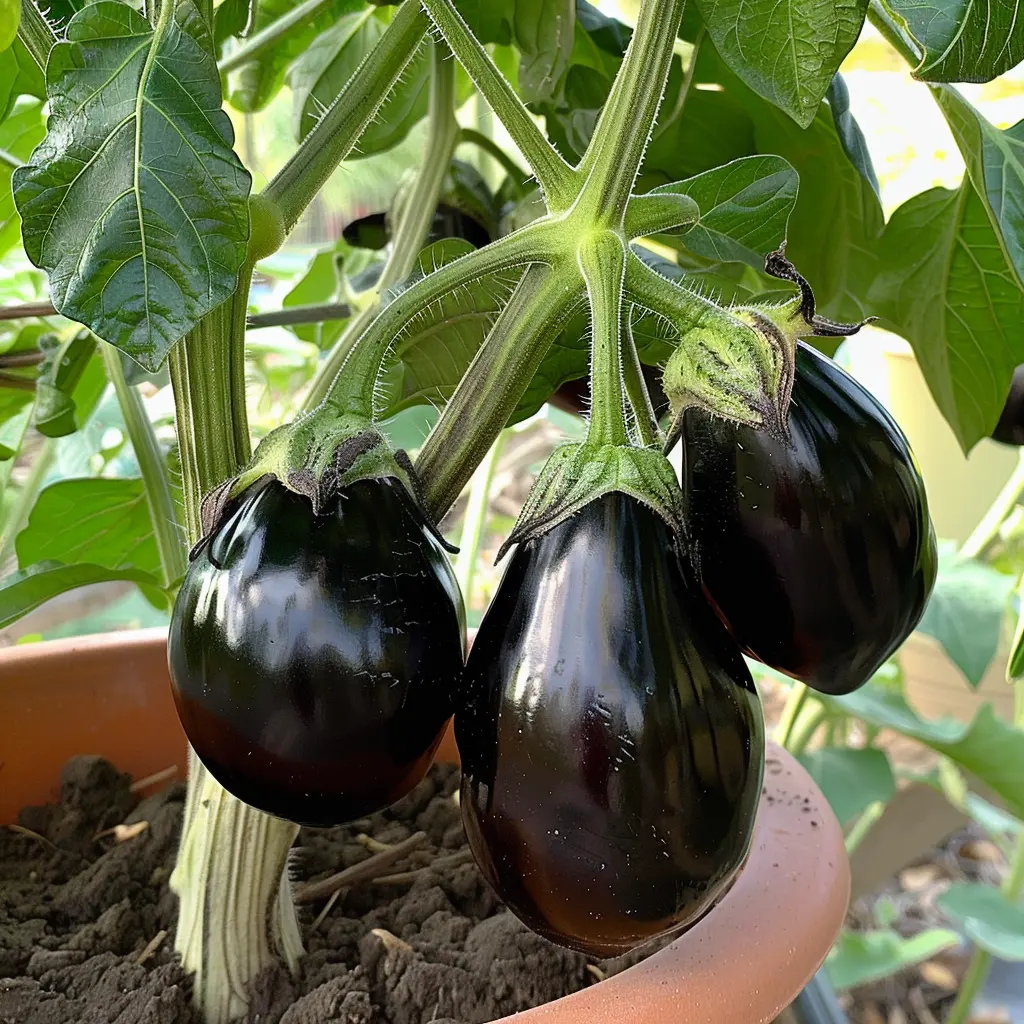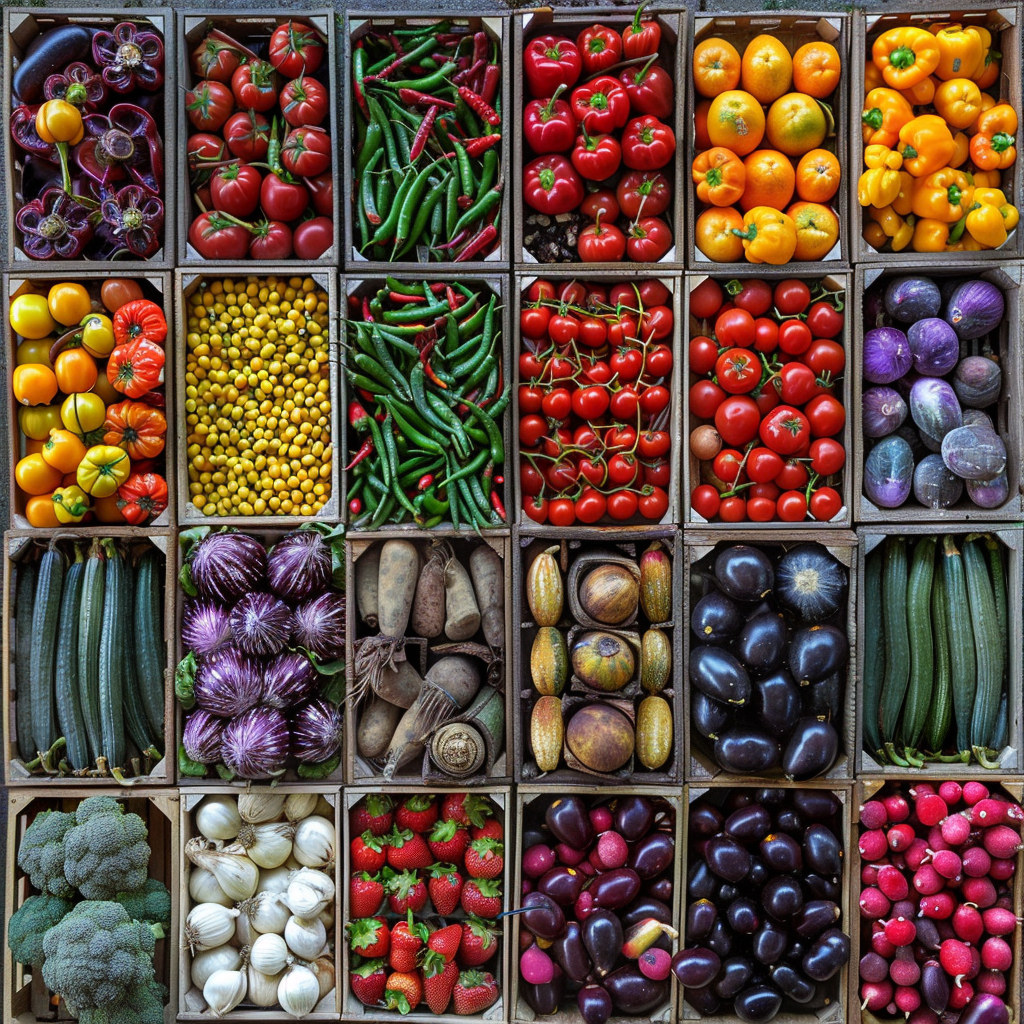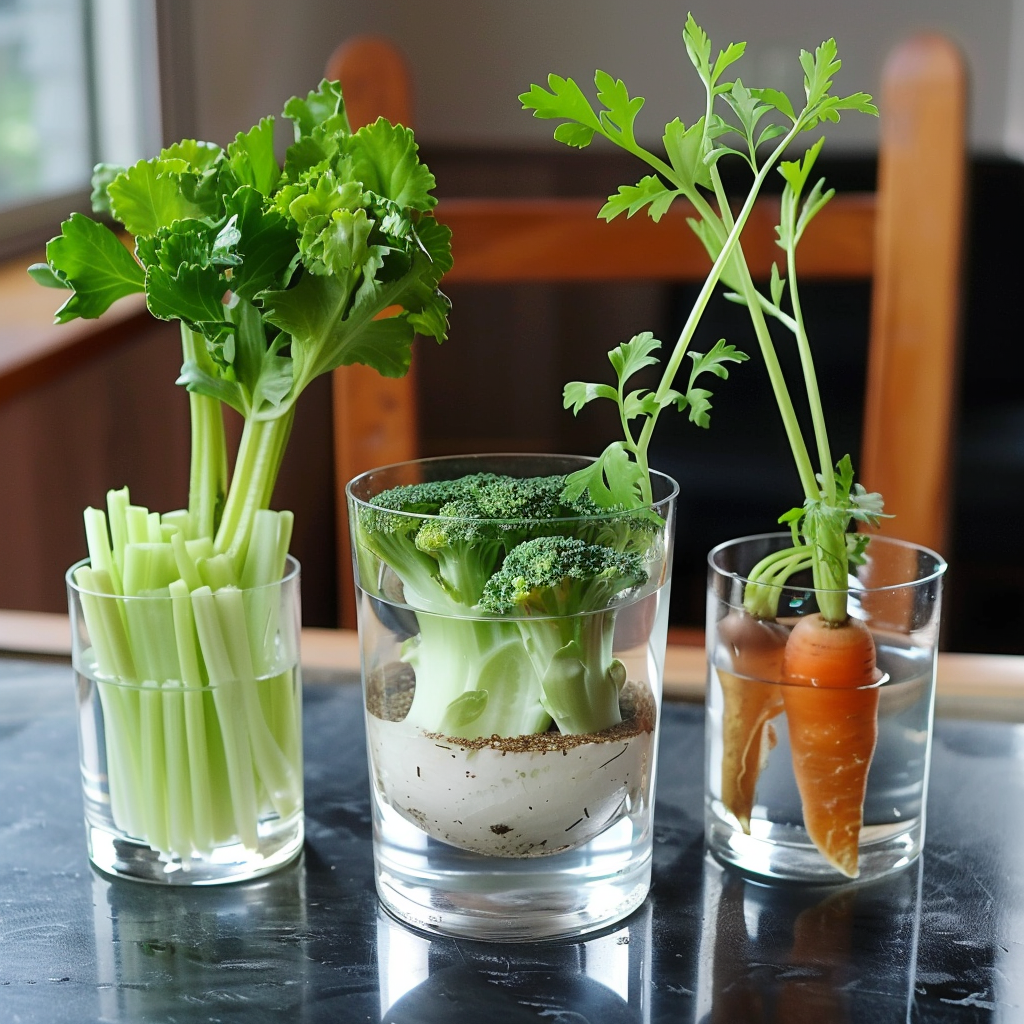WANT TO SAVE THIS RECIPE?
52
shares
Just like humans, certain plants make the perfect partners when grown side-by-side. This clever technique called companion planting pairs up vegetable, herb, and flower BFFs that enhance each other’s growth. From repelling pests to attracting beneficial insects, these plant duos have each other’s backs for a bountiful harvest.
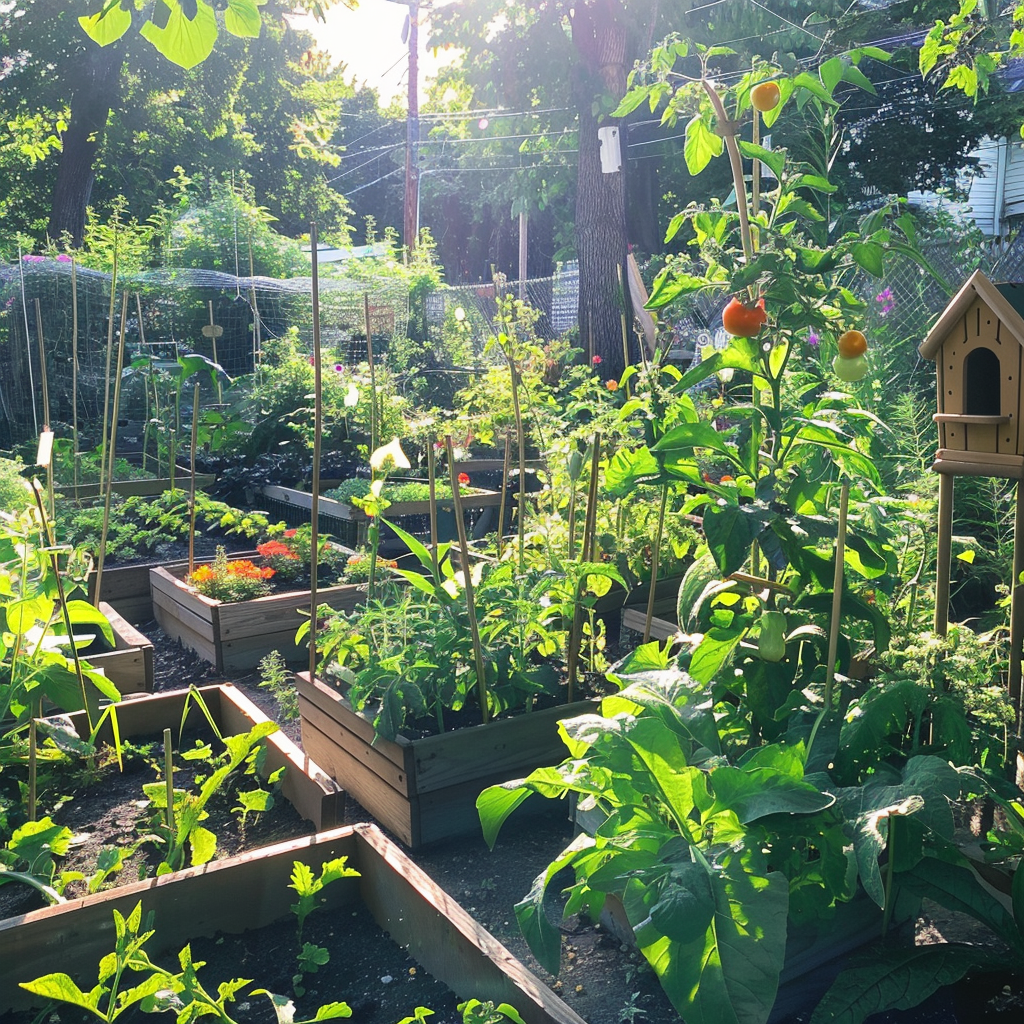
- Cabbage and Marigolds Cabbages are vulnerable to pests like cabbageworms and cabbage moths. Enter their brave bodyguard – the marigold! The pungent smell of these bright flowers deters the voracious critters trying to munch on your cabbage crops.
- Cucumbers and Radishes Cucumber beetles can quickly decimate your cucumber vines if left unchecked. As an all-natural force field, radishes (along with tansy and nasturtiums) emit a smell and taste that sends those beetles packing.
- Cucumbers and Sunflowers For double cucumber protection, towering sunflowers provide afternoon shade that keeps cucumber vines cool and productive. The sturdy stalks also allow cucumber tendrils to climb upwards instead of overtaking ground space.
- Onions and Carrots The potent aroma of onions, chives, and leeks naturally wards off the dreaded carrot fly. Plant this pungent allium family next to carrot rows for an eye-watering (but very effective) pest deterrent.
- Herbs and Everything! Herbs are the ultimate garden companion – they enhance growth and taste while shooing away pests:
- Basil repels flies
- Peppermint drives off mice, mosquitoes, and ants
- Rosemary prevents bean beetles, cabbage moths, and carrot flies
- Lavender attracts pollinators while banishing fleas, moths, and mosquitoes
- Lettuce and Carrots/Onions
The shaded, cooler zones beneath carrots and onions are a perfect microclimate for heat-sensitive lettuce. As the root crops grow larger, simply harvest the lettuce for fresh salads. - Corn, Beans and Squash This traditional “three sisters” planting originated with Native Americans. Vining beans use corn stalks for support while fixing nitrogen in the soil. Large squash leaves act as natural mulch, suppressing weeds and retaining moisture.
Plant friends, not foes, in your veggie garden! Creating symbiotic plant pairings is a time-tested way to deter pests, improve growth, and increase your yields – all without harmful chemicals. A few easy companion planting strategies transform your vegetable patch into a welcoming, nurturing ecosystem.

